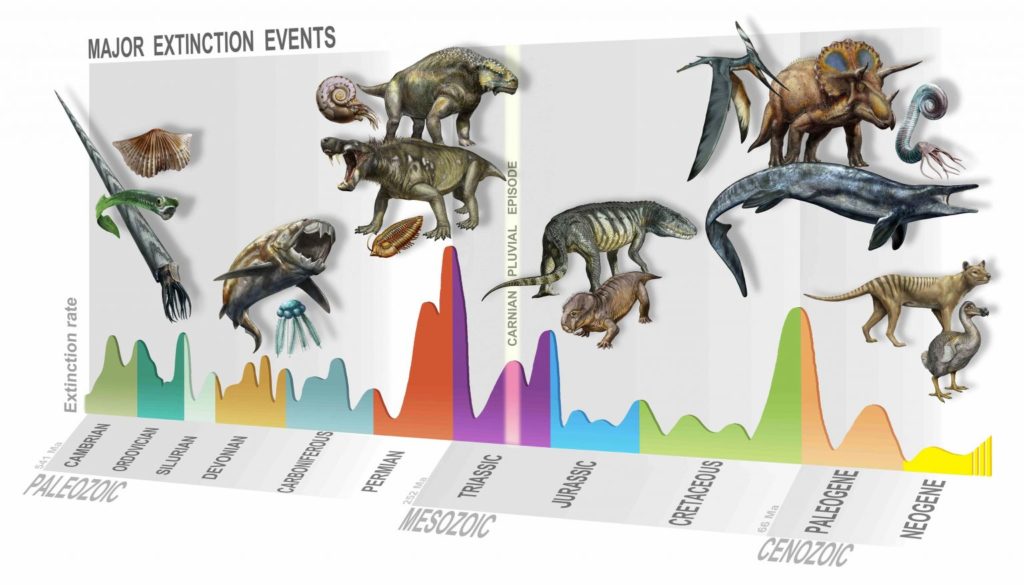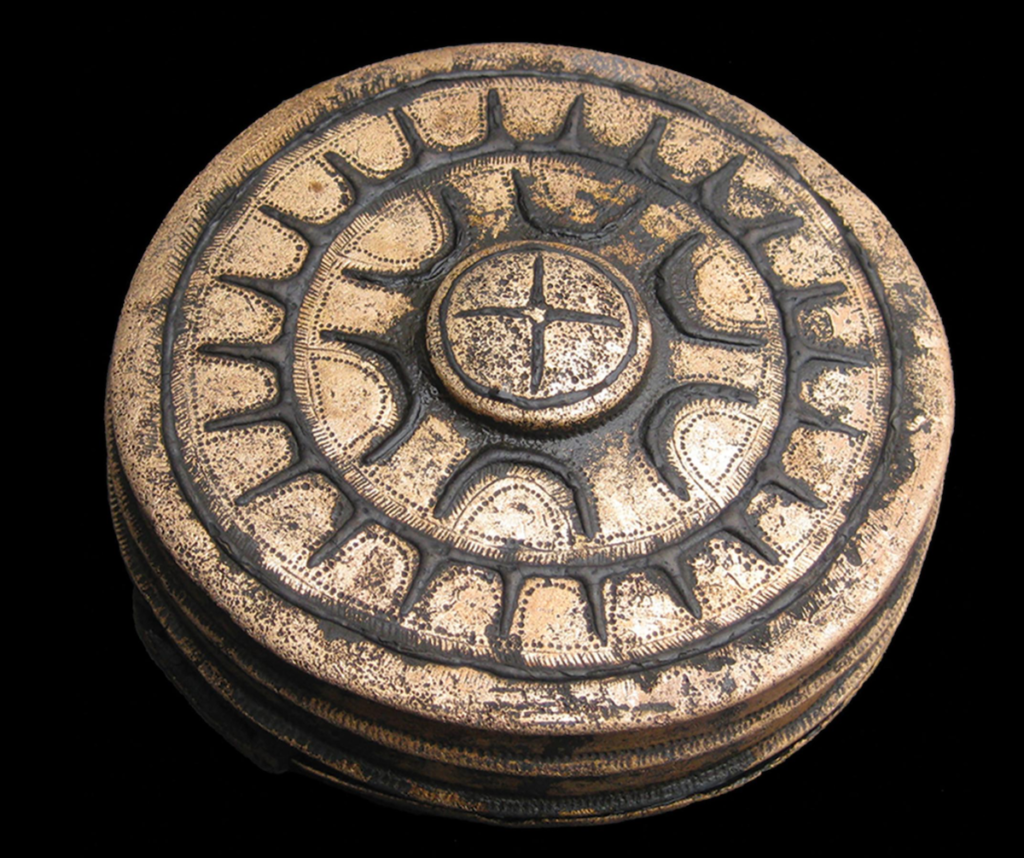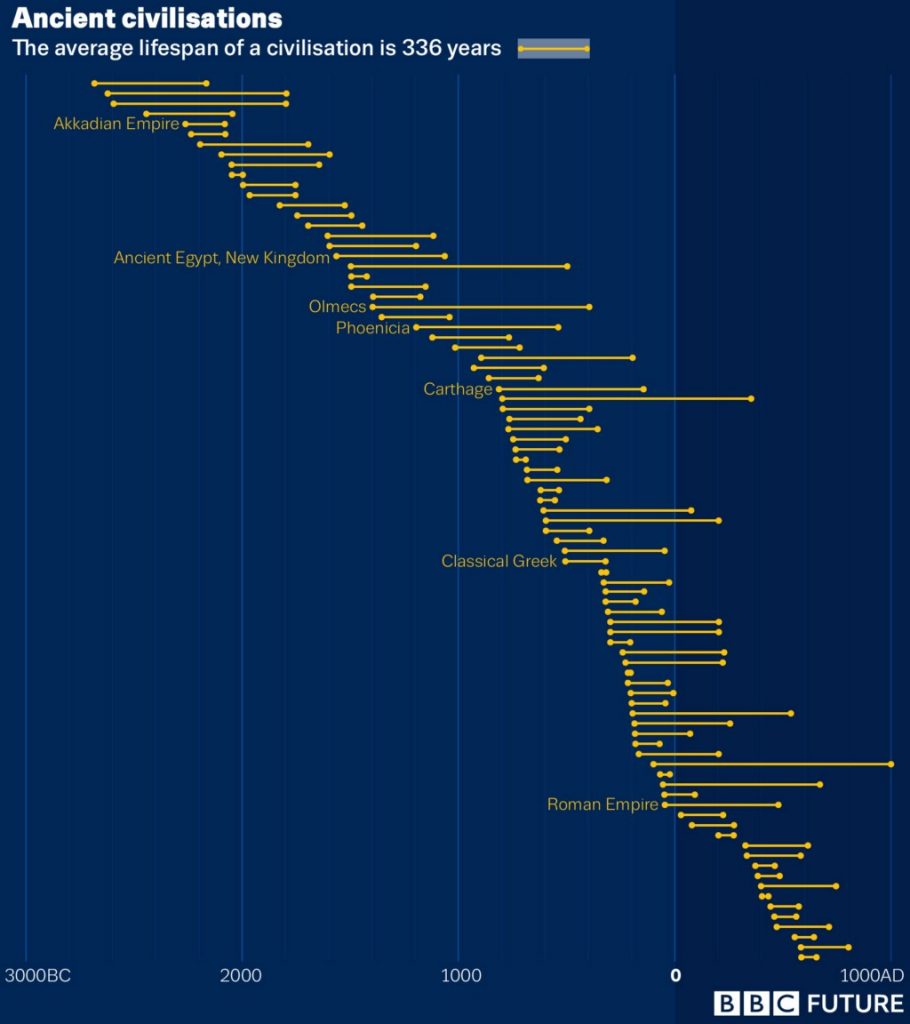
By: The Posts Author | Posted on: 6 Nov 20
In an article in Forbes, David Bressan writes that the giant rift in the USA’s political voting blocs is in part a consequence of collisions between continental plates, the literal giant rift that used to separate the two halves of North America, and recent glacial activity: The same region that had once been covered in ocean water, leading to the fertile Black Belt, was almost an exact replica of the districts that had voted for Clinton. The rich coal fields in Ohio, West Virginia, Pennsylvania and Maryland formed as a result of two continents colliding some 300 million years ago.
In an article in Forbes, David Bressan writes that the giant rift in the USA’s political voting blocs is in part a consequence of collisions between continental plates, the literal giant rift that used to separate the two halves of North America, and recent glacial activity: The same region that had once been covered in ocean water, leading to the

By: The Posts Author | Posted on: 21 Oct 20
The following transcript has been edited for length and clarity. I want to lead you through some of the research that I’ve been doing on a meta-level around long-lived institutions, as well as some observations of the ways various systems have lasted for hundreds of thousands of years. Long Now as a Long-lived Institution This is one of the early projects I worked with Stewart Brand on at Long Now. We were trying to define our problem space and explore the ways we think on different timescales. Generally, companies are working in the “nowadays,” although that’s been shortening to some
The following transcript has been edited for length and clarity. I want to lead you through some of the research that I’ve been doing on a meta-level around long-lived institutions, as well as some observations of the ways various systems have lasted for hundreds of thousands of years. Long Now as a Long-lived Institution This is one of the early

By: The Posts Author | Posted on: 28 Sep 20
How many mass extinctions has the Earth had, really? Most people talk today as if it’s five, but where one draws the line determines everything, and some say over twenty. However many it might be, new mass extinctions seem to reveal themselves with shocking frequency. Just last year researchers argued for another giant die-off just preceding the Earth’s worst, the brutal end-Permian. Now, one more has come into focus as stratigraphy improves. With that, four of the most awful things that life has ever suffered all came down (in many cases, literally, as volcanic ash) within 60 million years. Not
How many mass extinctions has the Earth had, really? Most people talk today as if it’s five, but where one draws the line determines everything, and some say over twenty. However many it might be, new mass extinctions seem to reveal themselves with shocking frequency. Just last year researchers argued for another giant die-off just preceding the Earth’s worst, the

By: The Posts Author | Posted on: 22 Sep 20
Changmiania liaoningensis, buried while sleeping by a prehistoric volcano. Image Source. Although the sensitive can feel it in all seasons, Autumn seems to thin the veil between the living and the dead. Writing from the dying cusp of summer and the longer bardo marking humankind’s uneasy passage into a new world age (a transit paradoxically defined by floating signifiers and eroded, fluid categories), the time seems right to survey five new discoveries from paleontology, zoology, and neuroscience that offer up an opportunity to contemplate the difference between the dead, and merely dormant. We start 125 million years ago in the unbelievably
Changmiania liaoningensis, buried while sleeping by a prehistoric volcano. Image Source. Although the sensitive can feel it in all seasons, Autumn seems to thin the veil between the living and the dead. Writing from the dying cusp of summer and the longer bardo marking humankind’s uneasy passage into a new world age (a transit paradoxically defined by floating signifiers and eroded,

By: The Posts Author | Posted on: 16 Aug 20
Bronze-Age crime scene forensics: newly discovered artifacts only deepen the mystery of a 3,300-year-old battle. What archaeologists previously thought to be a local skirmish looks more and more like a regional conflict that drew combatants in from hundreds of kilometers away…but why? Much like the total weirdness of the Ediacaran fauna of 580 million years ago, this oldest Bronze-Age battlefield is the earliest example of its kind in the record…and firsts are always difficult to analyze: Among the stash are also three bronze cylinders that may have been fittings for bags or boxes designed to hold personal gear—unusual objects that
Bronze-Age crime scene forensics: newly discovered artifacts only deepen the mystery of a 3,300-year-old battle. What archaeologists previously thought to be a local skirmish looks more and more like a regional conflict that drew combatants in from hundreds of kilometers away…but why? Much like the total weirdness of the Ediacaran fauna of 580 million years ago, this oldest Bronze-Age battlefield
By: The Posts Author | Posted on: 27 Jul 20
Human history in the Americas may be twice long as long as previously believed — at least 26,500 years — according to authors of a new study at Mexico’s Chiquihuite cave and other sites throughout Central Mexico. According to the study’s lead author Ciprian Ardelean: “This site alone can’t be considered a definitive conclusion. But with other sites in North America like Gault (Texas), Bluefish Caves (Yukon), maybe Cactus Hill (Virginia)—it’s strong enough to favor a valid hypothesis that there were humans here probably before and almost surely during the Last Glacial Maximum.” Read more at Smithsonian Magazine.Read the original
Human history in the Americas may be twice long as long as previously believed — at least 26,500 years — according to authors of a new study at Mexico’s Chiquihuite cave and other sites throughout Central Mexico. According to the study’s lead author Ciprian Ardelean: “This site alone can’t be considered a definitive conclusion. But with other sites in North

By: The Posts Author | Posted on: 24 Jul 20
Originally published on Parallax (https://www.parallax-magazin.de) on July 1, 2020Jean-Jacques Rousseau got it backwards when he said ‘Man is born free, and everywhere he is in chains.’ On the contrary, men and women are born in a state of radical un-freedom. We come into the world attached by the umbilical cord to mother, family, and tribe — and only after a great struggle can we dream of any kind of relative freedom. Freedom could only exist in a web of responsibility, contingency, and interdependence.When John Lennon wrote the song Imagine he was similarly off the mark. Imagine is the ultimate hymn to romanticism: that
Originally published on Parallax (https://www.parallax-magazin.de) on July 1, 2020Jean-Jacques Rousseau got it backwards when he said ‘Man is born free, and everywhere he is in chains.’ On the contrary, men and women are born in a state of radical un-freedom. We come into the world attached by the umbilical cord to mother, family, and tribe — and only after a great struggle can

By: The Posts Author | Posted on: 1 Mar 20
“The Rule is: Don’t go to king’s landing if you are Ned Stark“— Jordan HallNed Stark from The Game of ThronesThere has been a rather heady conversation online of late about the possibility of a new paradigm emerging, or what has been called ‘Game B civilisation’. Game B, originally the brainchild of Jordan Hall, Jim Rutt and others, has come online as a utopian project. But what precisely is Game B? Hard to say exactly. Here is a definition from the Game B wiki:“Game~B is a memetic tag that aggregates a myriad of visions, projects and experiments that model potential future civilisational forms.
“The Rule is: Don’t go to king’s landing if you are Ned Stark“— Jordan HallNed Stark from The Game of ThronesThere has been a rather heady conversation online of late about the possibility of a new paradigm emerging, or what has been called ‘Game B civilisation’. Game B, originally the brainchild of Jordan Hall, Jim Rutt and others, has come online as

By: The Posts Author | Posted on: 26 Dec 19
We can no longer see ourselves as separate from the natural world or our technology, but as a part of them, integrated, codependent, and entangled.Quantum entanglement. (Courtesy: iStock/Traffic-Analyzer)By Danny HillisWe humans are changing. We have become so intertwined with what we have created that we are no longer separate from it. We have outgrown the distinction between the natural and the artificial. We are what we make. We are our thoughts, whether they are created by our neurons, by our electronically augmented minds, by our technologically mediated social interactions, or by our machines themselves. We are our bodies, whether they are
We can no longer see ourselves as separate from the natural world or our technology, but as a part of them, integrated, codependent, and entangled.Quantum entanglement. (Courtesy: iStock/Traffic-Analyzer)By Danny HillisWe humans are changing. We have become so intertwined with what we have created that we are no longer separate from it. We have outgrown the distinction between the natural and the

By: The Posts Author | Posted on: 30 Nov 19
Image Credit: Nigel Hawtin and the BBCWhen studying the cultural evolution of societies, there is an interesting pattern that arises — that doesn’t get nearly the attention that it deserves. Notice how all historical civilizations have collapsed. There is no evidence that any have proven to be sustainable.What does this tell us about our planetary predicament? For starters we might ask if this is an exhaustive list of human cultures. We will soon come to learn that there are many ways of organizing human societies that are (a) not empires or civilizations; and (b) some of them have proven to be resilient enough
Image Credit: Nigel Hawtin and the BBCWhen studying the cultural evolution of societies, there is an interesting pattern that arises — that doesn’t get nearly the attention that it deserves. Notice how all historical civilizations have collapsed. There is no evidence that any have proven to be sustainable.What does this tell us about our planetary predicament? For starters we might ask if this







